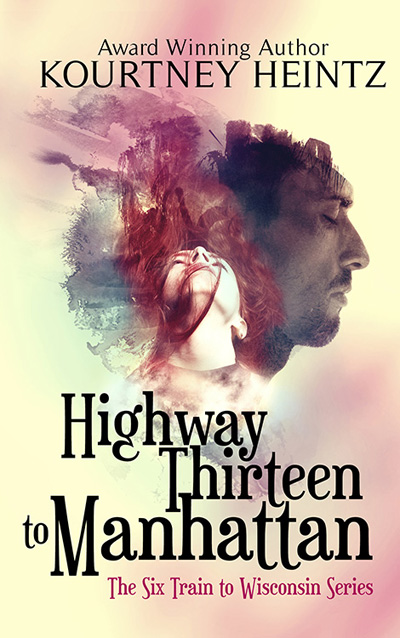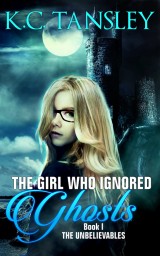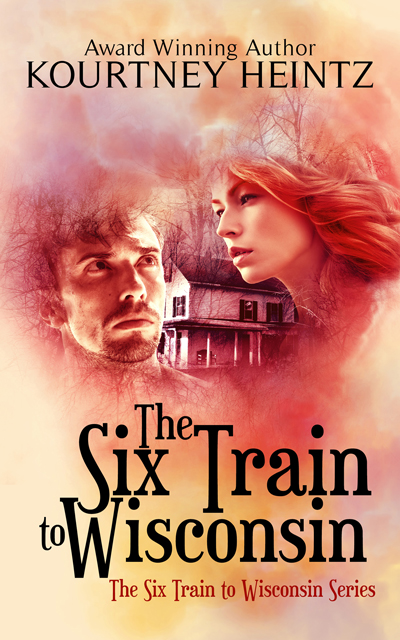There are certain things that absolutely must be in a query letter. Just like there are certain ingredients that must be in a cinnamon roll to make it a cinnamon roll.
*
However, there is not one universally accepted standard recipe for a query letter. You get to play around with the ingredients and the spices as long as you stay within the framework of a cinnamon roll. It’s the same with query letters.
*
So let’s start with what must be in a query letter:
- Word count, genre, and book title (word count for first time novelists should generally be under 100K and shorter depending on genre)
- Tie together the title and the plot
- What your story is about, including the main character and the conflict
- Your relevant skills for writing this book (MFA, expert in gardening and writing a gardening mystery, membership in national writing organizations, any publishing credits, etc.)
- Concise writing–don’t say the same thing 2 ways. Make sure every word is relevant to your central plot
- Give specifics and be precise about the conflict. (Don’t say some sort of evil/ultimate sacrifice/strange problem–that’s too vague) What makes your book unique?
- Keep your sentences concise and to the point
- Query letter should never exceed 1 page
- Don’t waste query explaining structure of novel. Focus on plot in query
- Avoid cliches in query such as “Time won’t heal his wounds”
- Watch out for passive voice in query
- Make sure your voice and tone come through in the query
- If you are going to compare your books to something make sure it is other books, not movies or tv shows
- Don’t put backstory in here
Those are the basic requirements of a query letter.
*
However, each agent has their own preferences.
- Some prefer that you open with word count, title, and genre; others prefer you jump right into your hook and explain who your main character is and what the conflict is and leave the word count, title, and genre to the last paragraph
- Some agents hated metaphors and flowery writing in the query because they felt it was confusing and didn’t draw them into the pitch. Others found it striking. Try to keep the poetic sentences to a minimum in the query and make sure they aren’t confusing to the reader
- Some agents like 3 paragraphs queries: the intro, the hook, and about you, while others will allow for 4-5 paragraphs where there are 3 short paragraphs for the hook
- Some agents like comparable titles included, others do not
- Some don’t mind a brief description of themes, others prefer to figure it out themselves and find this preachy
- Some agents want you to include your college degree in the about me paragraph; others only want it included if relevant to book you are writing
- Some agents prefer that you personalize query in first paragraph specifying why you are querying them. Other agents don’t care and want you to jump into story quickly
It is very important to take notes on each query critique–That’s how I was able to see common issues and learn about what does and doesn’t work in queries.
*
The Backspace Agent-Author Seminar provided an amazing opportunity to hear 4 agents critique 13 queries letter. What surprised me most was that 3 writers’ queries got their full manuscript requested from an agent and passes from other agents. Once again proving that this is a highly subjective business.
*
On Day 1, two agents poked at all the holes in my query, but gave me solid advice that allowed me to rewrite and submit a revised query to another set of agents the following day. The two new agents both said it was a strong letter and fellow writers said it was much improved.
*
I am now querying away with a much better query. Fingers crossed it will attract an agent’s attention!









6 Responses to What I Learned from the Query Critique At Backspace